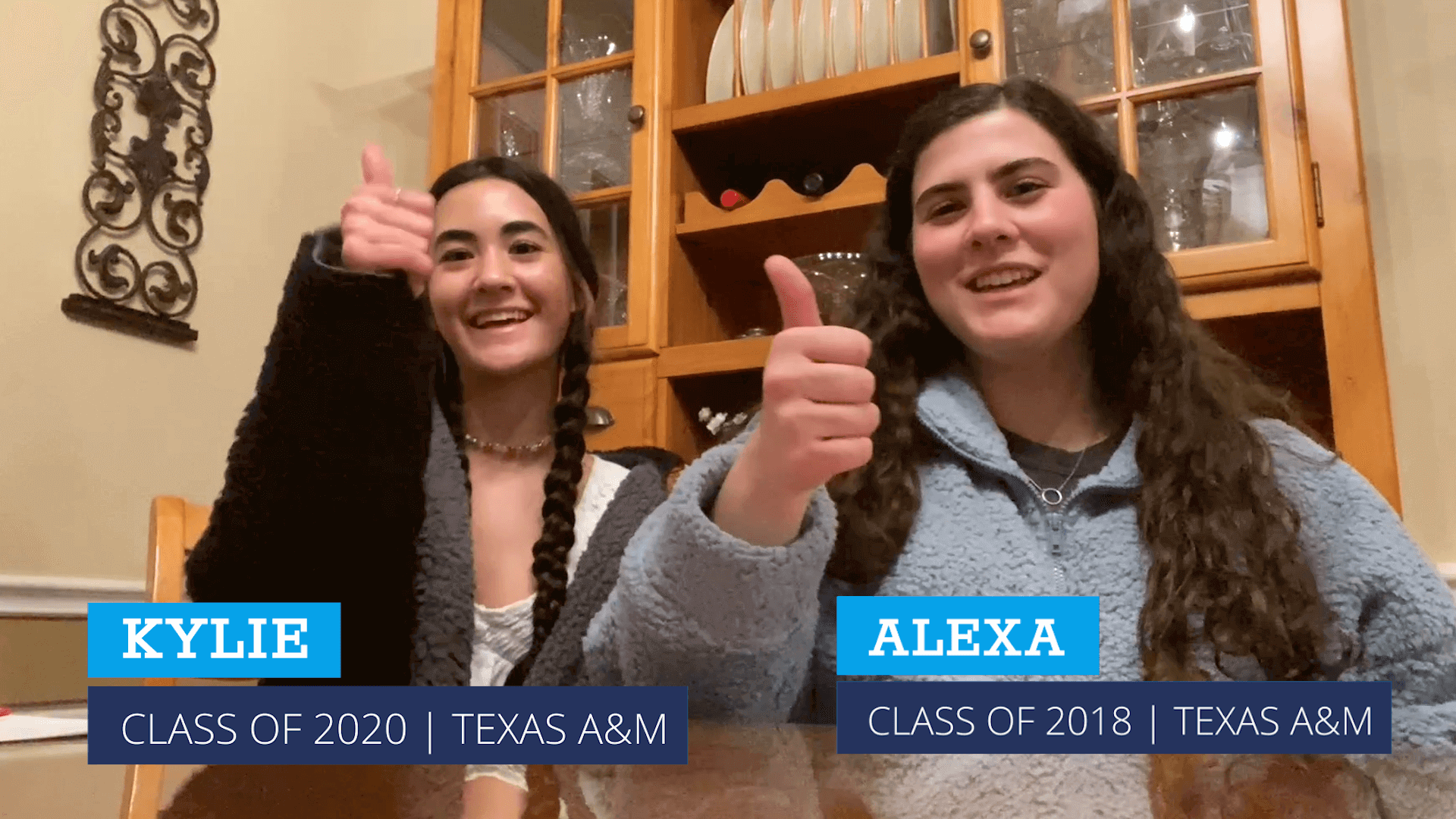Our Services

High School Strategy
We guide students through every stage of high school with strategic academic planning, course selection, extracurriculars, college selection, and personal reflection, maximizing every opportunity as early as grade 8.

Leadership & Passion Project Creation
Our expert mentors will help your teen discover and develop their interests to make an impact in areas they are passionate about. Fantastic projects are not about checking boxes for admissions but rather about making a lasting difference. From brainstorming to execution, your teen will be supported every step of the way.

澳洲幸运5官方开奖网站 澳洲幸运5开奖结果记录查询 结果直播 Time Management & Soft Skill Development
We'll work with your teen to develop essential executive functioning skills so that they can manage their workload, stay organized, and take control of their responsibilities with confidence.

Research & Internship Support
Access exclusive internships, mentorships, and research opportunities through Collegewise's trusted partnerships and receive guidance on program research, refining applications, and how to position themselves in highly sought-after and competitive experiences.

Academic Tutoring & Test Prep
Get paired with an expert tutor scoring in the 95th (or higher) percentile. Our tutoring and test prep is offered in-person or online and target middle school entrance exams, APs, ACT, and the SAT. Our students have seen an average 133-point SAT score increase!

College Application Strategy
Our expert counselors carefully evaluate each student's profile and provide strategic guidance on timelines, deadlines, scholarship opportunities, essays, major selection, and acceptance chances — maximizing each applicant's chances of admission to their best-fitting college.


168澳洲幸运5官方开奖历史记录+澳洲幸运5开奖官网、历史开奖号码查询 Your Child's Next Step to Owning the College Process
Meet with a Collegewise advisor to discuss your student's needs and goals.
Get matched with a counselor who will work 1:1 with your family through the entire process.
Watch your student get accepted to their best-fit college and set them up for a lifetime of success.
admitted
to their top 3 schools
experience
us to their friends
Our Student Success
Whether your teen is aiming for the Ivy League, other private institutions, or small liberal arts colleges, our experts are here to guide your family to a college that's right for them.
American University
361+ admits
Boston University
325+ admits
U of Michigan, Ann Arbor
255+ admits
UC - Los Angeles
238+ admits
Northeastern University
365+ admits
University of Texas, Austin
254+ admits
Cornell University
73+ admits
Texas Christian
245+ admits
University of California, Irvine
291+ admits
New York University
177+ admits
Vanderbilt University
49+ admits
University of Pennsylvania
44+ admits
Our Story
Collegewise was founded by Kevin McMullin in 1999 and has since helped over 30,000 students gain college admission.
Kevin realized that for too many families, the college admissions process was overwhelming and ultimately unsuccessful so he set out on a mission to address common pain points and create a more joyful experience for students and parents.
- We believe in taking the pressure off our students
- We believe in giving families quality time back
- We believe every student has something to offer
Hear from Collegewise Alumni


Kanako Monesen
| Chapman University


Alexa and Kylie
| Texas A&M


Cecile Shriedah
| Brown University
澳洲幸运5官方开奖网站 澳洲幸运5开奖结果记录查询 结果直播 明白分析的优势 Our Complimentary Resources
From full college application support to academic tutoring and test prep, our experts leave no stone unturned and help students through every component of the college admissions process.

Webinars & Seminars
See greatness in action and register for our free sessions on all things related to college admissions.

Guides, Tip Sheets, Podcast
Access 200+ free resources and gain a better understanding of how to navigate the application process.



d46c.jpg)











